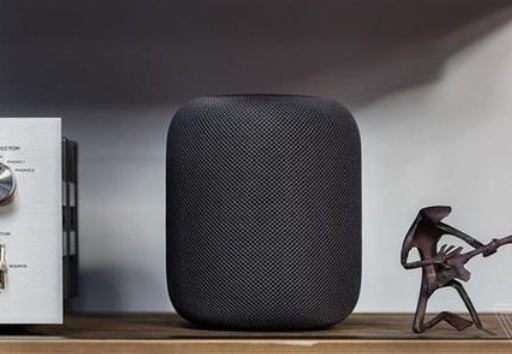The fire of smart speakers has allowed chip manufacturers that have been silent for many years to taste the long-lost sweetness. The rising enthusiasm of the mid- and downstream industries is also stimulating the enthusiasm of upstream chip manufacturers to stock up. According to media reports, the number of smart speaker solution providers in Shenzhen has soared to hundreds. Qualcomm, MediaTek, Intel and Ziguang Zhanrui and other chip manufacturers have released smart speaker product lines this year.

MediaTek, which has continuously failed to attack the high-end market in the smartphone market and has gradually reduced its market share in the low-end market, has seen the hope of finding a “second springâ€. Youjie, deputy general manager of MediaTek and general manager of the home entertainment product business group, revealed that in 2016, nearly 80% of the chips in the smart speaker market were supplied by MediaTek. After MediaTek’s 2017 shareholders meeting this year, the company’s chairman Cai Mingjie said in an interview with the media: “MediaTek is one of the main chip vendors for Amazon’s smart speaker Echo, occupying more than half of the shipment share.â€
Seeing the old rival MediaTek's success in the smart speaker market, Qualcomm will naturally not fail. In June of this year, Qualcomm launched the "Smart Audio Platform". On this platform, Qualcomm provides two new system-level chips that support Google Assistant and Amazon's Alexa, as well as voice recognition and Internet telephony (VoIP). Obviously, Qualcomm's goal is to win more orders from smart speaker developers and become the Android of the speaker industry.
Intel, which had previously missed the smartphone chip market due to its slow action, has also begun to make efforts in the mobile chip field. Intel will develop smart speakers based on Amazon Alex's "Smart Home Hub" (smart home hub), and signed a cooperation agreement with Microsoft Cortana. Although the name of Conexant, formerly Rockville Semiconductor, is unfamiliar, its customers are quite familiar. Amazon, Baidu, Alibaba, Tencent, Harman, LeEco, Midea, Gree, iFlytek, Go Ask, Yunzhisheng, Roobo, etc. all have cooperative relationships with them.
Some domestic chip brands that are not usually well-known to the public have also moved to the front of the stage because of the popularity of speakers. Jingdong smart speaker Dingdong uses the R16 chip of the domestic chip manufacturer Allwinner Technology. Domestic Rockchip Microelectronics released two chips RK3036 and RK3229 this year, and reached a cooperation with Google, slowly leveraging the smart speaker market. Ziguang Zhanrui's market pace is also very fast. At present, smart speaker products equipped with the company's chip have been shipped on a large scale, and it has begun to vigorously harvest the low-end smart speaker market below 300 yuan.
The fire of smart speakers has also allowed domestic artificial intelligence practitioners to find opportunities to "show their muscles" through products.
Orion Star, an artificial intelligence company under Cheetah Mobile, provided the remote scene interactive system "Orion Voice OS" for Xiaoya AI speakers. With its unique speech synthesis technology, Orion's voice can make the speaker's pronunciation comparable to that of a real person, communicate with users with rich emotional and hierarchical voices, and can seamlessly switch between Chinese and English.
Baidu's DuerOS open platform launched at the AI ​​Developer Conference held in July this year can quickly access a variety of hardware devices including speakers, TVs, refrigerators and other electrical appliances, making it the choice of many developers. The iFLYTEK, which focuses on voice interaction, is not only a provider of voice recognition systems for multiple smart speakers in China, but also launched its own brand of smart speakers this year.
Traditional home appliance companies even regard smart speakers as the key to entering smart homes. The domestic high-end smart kitchen appliance brand Vantage also announced the application of smart technology to more kitchen products by virtue of the smart voice robot V that became popular in "Masked Singing Will Guess and Guess". Haier also jointly went out and asked to make speakers, but did not put the entire family entrance on the smart speakers, but made "whole house voice."
The content platform also ignited a new entrance battle because of the fire of speakers. Himalaya and Kugou Music rely on the platform's massive content and copyright advantages, whether they are making speakers themselves or licensing the content to a third party, they have become key selling points for attracting users.
Hdmi Cables,Hdmi Cord,Micro Hdmi Cable,Extra Long Hdmi Cable
UCOAX , https://www.ucoax.com
